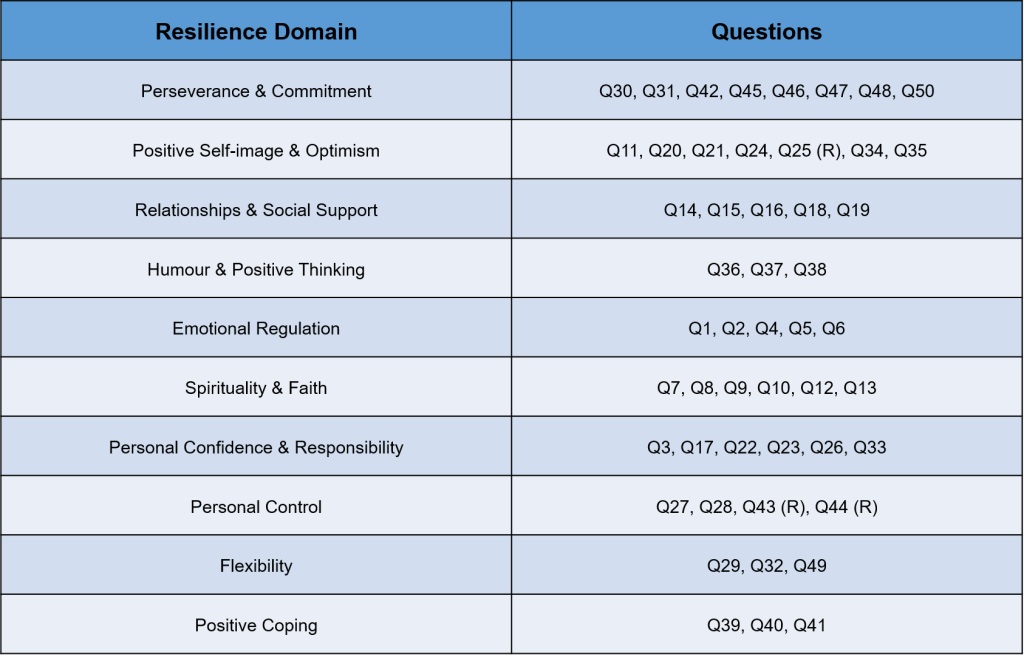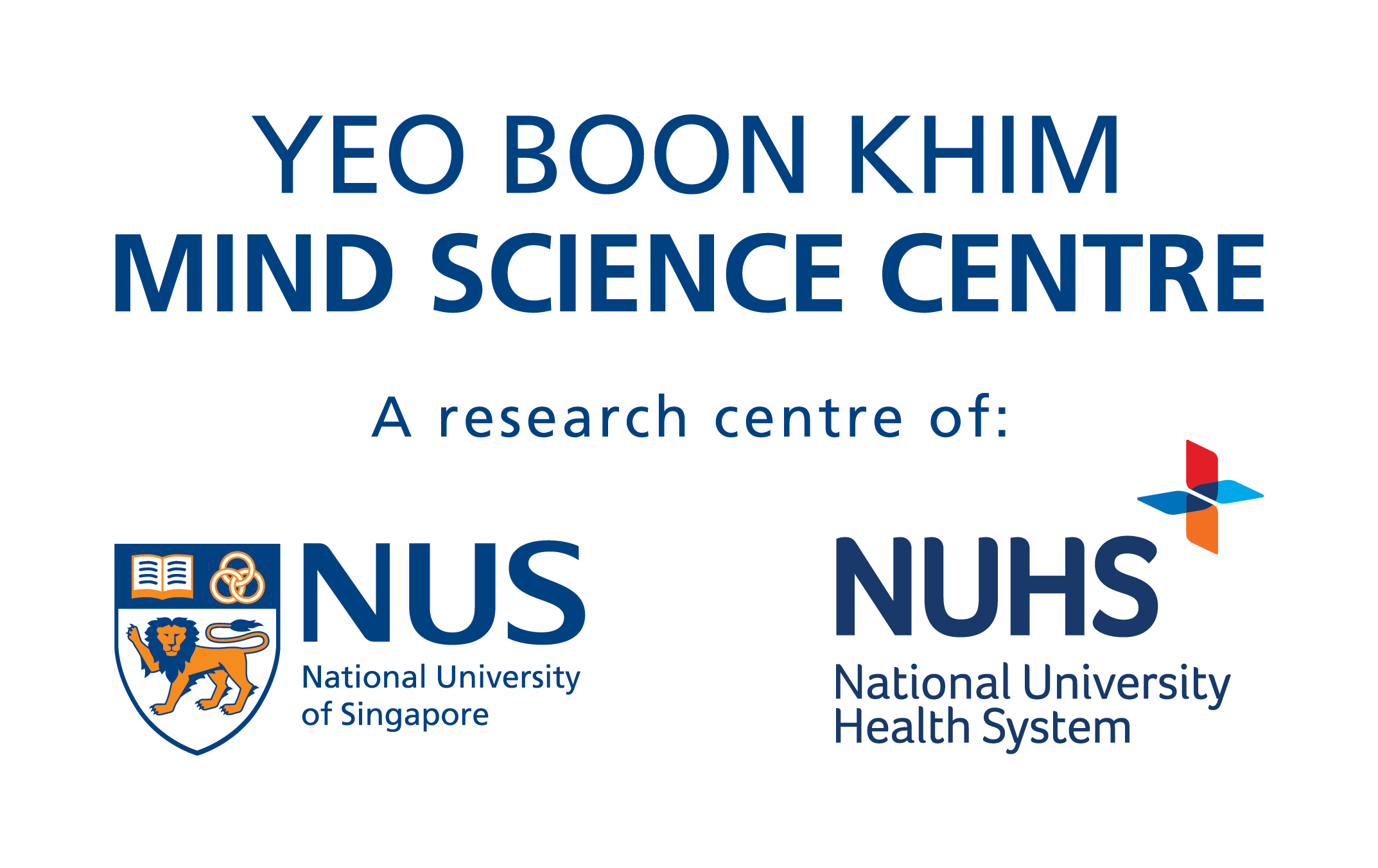SINGAPORE YOUTH RESILIENCE SCALE (SYRESS)
A Resilience Scale for the Singapore Youth
A resilient individual has the capacity to adapt to situations and cope with life challenges. In more defined terms, it is a set of personality traits or resource that allows an individual to navigate through stress, negativities and emerge with a stronger mind.
This component has been investigated in greater studies targeted at the adults with validated scales readily available to assess this subjective construct in a quantitative manner. However, as adolescence is a period of rapid development, the unique set of mental and environmental factors sets a different stage, where the existing scales may not be suitable for unravelling insights into the youth resilience. Beyond that, to better capture resilience in the particular culture, the unique contextual and cultural aspects must be incorporated into the measurement scale.
As such, Singapore Youth Resilience Scale (SYRESS) was developed to examine the resilience profiles of youths in Singapore. By identifying the underpinnings of resilience and considering the cultural context of local youths, the scale is a more robust tool for us to gain insights into the areas the youths can build on to achieve a resilient mind.
In another words, we empower the parents or the youths themselves to take active steps in developing positive coping strategies that will accompany the youths through life.
The Science of it
SYRESS is a comprehensive measure of resilience in adolescents, which reflects the multi-faceted components of resilience. It encompassed all the underlying mechanisms separately measured by other regular scale, while keeping it concise and easy to administer it.
The content of the scale was first derived from an exhaustive review of literature including various related resilience scales. A focus group comprising of researchers, child psychologists, pediatric psychiatrist and content experts from both local and international, were gathered to review the content of the established scales and identify what were the key question items to be included in the new scale. The derived scale items reflect the global underpinnings of resilience with cultural relevance to Singapore.
After a series of evaluations and expert panel reviews, the initial 166 items were gradually narrowed and culminated in the final prototype scale of 84 items. These items were then categorized into 10 defined domains.
Following which, SYRESS was validated on a group of secondary school students in Singapore aged 12 to 16 years old in 2011. The validation showed that SYRESS demonstrated sound psychometric properties, with good internal consistency and test-retest reliability.
For the detailed process involved in the development, validation and reliability testing of the SYRESS scale, please view HERE.
The 10 Domains of Resilience
1. Emotional Regulation
2. Personal Control
3. Personal Confidence/ Responsibility
4. Flexibility
5.Perseverance
6.Optimisim / Positive Self-image
7.Positive Coping
8.Humor / Positive Thinking
9.Relationships / Social Support
10.Spiritually / Faith
Take the Questionnaire
The SYRESS questionnaire comprises a set of 50 questions, which will measure various aspects of resilience in the 10 clustered domains. The questionnaire was designed as a self-rating scale that requires the respondent to indicate how much he/she agrees with each statement on a Likert scale ranging from ‘never’ (1) to ‘always’ (5).
It should take about 20 minutes to complete this questionnaire.
Aggregate the Scores of Each Domain
Refer to the table below to add up your scores for the respective domains. Higher scores denote greater resilience.
Download the scoring sheet here
*Note: Three questions (25, 43 & 44) are reverse scored.

What’s Next!
Were you able to identify the areas that you or your child can work on to enhance mental resilience?
Check out our new self-help booklet, titled Raising a Resilient Child.
Written by Dr Kelly Lee (Clinical Psychologist) and Ms Danielle Seah (Educational Psychologist), this booklet succinctly summarizes the key scenarios of each domain and strategies parents or caregivers can use in their daily interactions with their children, in order to instill positive coping methods.
This new resource will be useful for parents, educators, trained mental health professionals, social services agencies and other groups who work with youths in the community.
Physical copies of this booklet are available at our Mind Art Experiential Lab.
For clinicians or organizations who wish to obtain bulk copies of the booklet for dissemination to benefit the greater public, please drop an email to Catherine at cath.lee@nus.edu.sg.
Note:
The information provided at this site are intended for informational and educational purposes only and should not be understood to constitute any type of diagnosis, advice or treatment. Always seek the advice of your physician or other qualified mental health provider when interpreting these materials and consult them on any questions you may have regarding a medical condition or mental disorder.
